The idea that the more words used
the clearer the meaning becomes is one that trips up a lot of writers.
Not that additional details are
always a bad thing, but the ‘a little more information couldn’t hurt’ approach
is very definitely wrong. It can very much hurt.
If I want to visit you then there
is a minimum amount of info (street and house number), and an optimum amount (best
route, which exit to take) that I need. And then there’s an excessive amount (the name of
your neighbour’s dog).
On the other hand, what
difference does it make if you mention the neighbour’s dog? It’s not going to
make the address harder to find.
This is usually where a story
gets muddled, even though what it’s telling you isn’t hard to understand. It’s
not that you can’t use language to paint a picture or a mood, but you also need
to be aware that words on a page have an effect that has nothing to do with
their literal meaning. Words have the power to impact readers on a more primal
level.
The number of words used to
impart an idea or description, the length of sentences and of paragraphs, can
all change the way words enter a reader’s brain. You can use this knowledge to
create different effects, but the effects will also be there even when you
don’t mean them.
If you are unaware of what these
effects are, you can end up unconsciously creating a reading experience you did
not intend. And not all experiences are good experiences.
Short sentences, short
paragraphs, lots of white space on the page, speeds things up. It can be choppy
and lack flow if used to excess, but generally that won’t cause too much
problem for a reader.
Long sentences can be lyrical and
evocative. But the instinctual reaction is to assume more words equals more
important. If your aim is only to describe something clearly, you can’t relate
that to the reader just by thinking it while you write.
If June is going to a party and I
want the reader to know what she looks like in her new outfit I might take my
time describing each item of clothing. But it’s also going to have other
effects.
The longer I go on, the more
important clothing is going to seem to this woman. The clothes may also start
to carry an implication that later they will play a part in the story. Thematically,
clothes and other features of her outfit (the colours, the style, the language
used) will be assumed to be important to what follows.
If these things are intentional,
that’s fine. But if they aren’t, it’ll still be assumed that they are. And if
that isn’t followed through, the story will be judged as a failed attempt at
something that was never intended.
As well as importance, number of
words also correlates to time. This is not optional, it always happens.
“Where are you going?” asked James.
Karen turned around. Her hair was lank and unwashed. She was wearing
the same t-shirt, the green one that said ‘I’m with this idiot’ with an arrow
pointing up at herself, and the same jeans as the day before. Her nails were
filthy.
“Nowhere,” she said.
No matter what my intention, that
will be read as a pause between question and answer. If my intention is to let
the reader know what Karen looks like, but the conversation to be without
break, that’s not how it will be read.
And the longer the stuff between question and answer, the longer the
pause. Even if it’s possible for James to take in her appearance in a single,
quick glance, that’s immaterial. How long I take to tell you what he sees
instantly will be what the reader uses to judge the passage of time (unless I
specifically point out that James saw all the things described in an instant).
This becomes a big deal when
writers choose to use a heavily descriptive style. It’s not just about purple
prose or claiming literary fiction as a defence, but about placement and
structure. If people are pausing for minutes at a time in between a basic
conversation, or thinking encyclopaedia-length thoughts as they walk from the
sitting room to the kitchen, it’s going to feel weird and unrealistic. And very
slow.
Equally, if you use very short sentences in a scene that’s not very tense, you’re going to create a rushed, urgent feel.
The point here isn’t that there’s
anything wrong with slowing things down or speeding them up, but more that
often writers will not put any thought into the choice other than going with
whatever takes their fancy. If you feel like writing a long paragraph painting
a picture of the sky, why not? And the answer is because your characters are in
the middle of a gunfight, and that’s not the best time to write 500 words on
the colour blue.
It’s not always possible to be
aware of these things when you are in full flow and trying to get an early
draft completed, but when going over a piece of writing it’s worth considering the
amount of text you’re giving to detailed description and action sequences in
order to gauge whether the pacing and focus on events is appropriate to what’s
happening in the scene.
If you found this post of use, please give it a retweet. Or leave a comment. Or maybe go make a cup of tea or coffee and have a think about it.














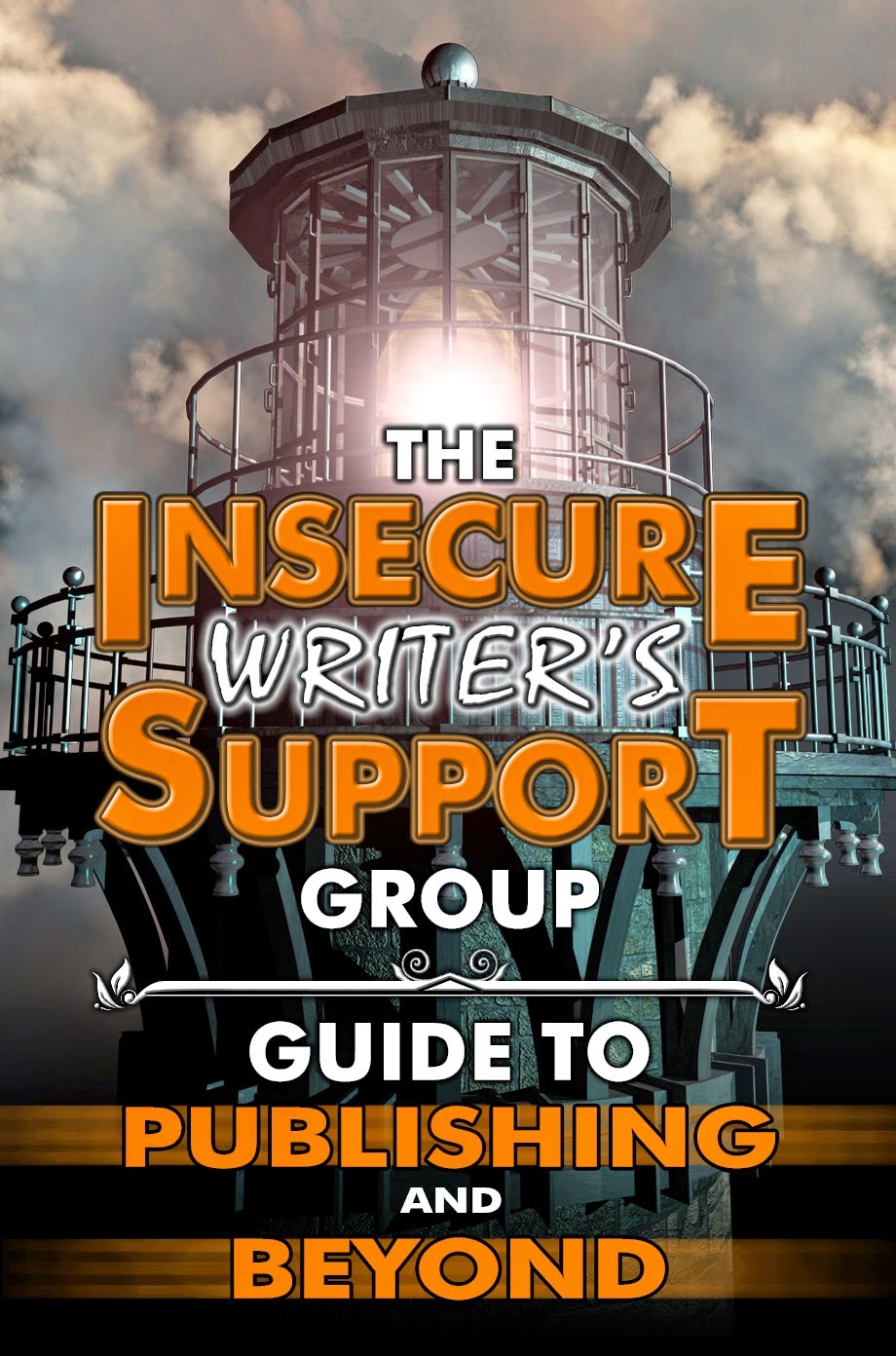
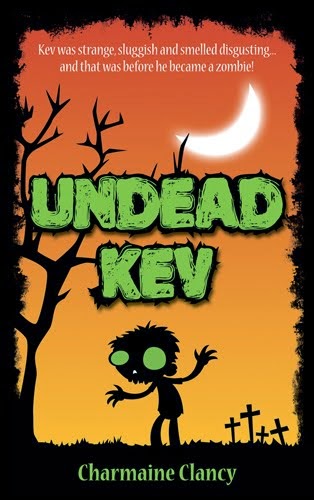



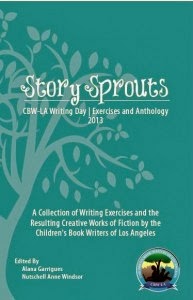
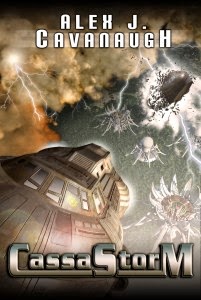


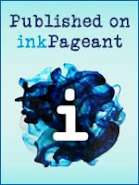






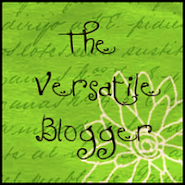








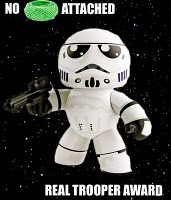
































































28 comments:
Nope, no tea needed. I liked the post and found it very useful. Thanks :-)
I'll have an energy drink instead.
Excessive description - not a chance! This is one of the few areas where my style of writing works in my favor. And I prefer reading books with minimal description. I have an imagination and know how to use it. I don't need to get bogged down with minor details.
@cynthia-cheers.
@Alex-I think lengthy description can be used effectively, just not very often and not by many people.
Thanks, Mood. Another great article. I find having crit partners can really help me with this too. They're like - why doesn't she answer him sooner? Oops, too many other details between stuff then. I like people to see what my characters are doing as they talk, but you do have to be careful with how much detail you add. Great point!
OY! As an editor, I can tell you, so many writers use excessive words. Some manuscripts have as many deletions in their track changes as words on the page. And in my editor letters, I ALWAYS write, don't say in 2 words what you can say in one! And detail for description for the sake of description alone is meaningless. If it's not wrapped in how the character is emotionally charged, don't even bother to write it down.
Excellent post.
Kudos
@Nancy-I think it's mainly to do with insecurity, the way a nervous person will run off at the mouth.
@Mac-cheers.
The fine art of editing down words is one hell of a skill. Kudos to anyone that can do this well.
@Michael-I think it helps for a writer to know what effect they want the words to have rather than hoping their subconscious will sort it out for them.
Please no more tea, going to explode.
Excellent post as always. Reminds me of a quote I saw on line a while back, "Economy and efficiency in writing are trademarks of sophisticated writers."
@Elise-obviously that doesn't apply to blog posts which should be bloated and rambling. Right?
@Mood, I see you visited my blog again...(;
Great post! I definitely craft my sentences a tad long... Never thought about implying something without intending it, will keep this in mind :)
I wonder what an editor would do with Dicken's works were he being published today.
Got my tea thanks? I usually err on the side of 'less is more' and have to add in detail in places to keep a scene from feeling rushed.
As you've mentioned, it all has its place in a writing. Knowing when to use what is a massive editing job.
Excuse me while I contemplate a glass of wine.
.........dhole
Extra or too much detail can bog a reader down. We should know just how much detail and description to add and what to leave to the reader's imagination. Great post.
@Elise-your blog is, of course, the epitome of Gallic sophistication.
@sjp-there's always something else to worry about...
@Bish-I doubt Dickens would be writing in 19th century prose if he was around today. Although he probably wouldn't be overly fond of twitter.
@LD-too sparse prose can be as off-putting as too detailed.
@Donna-just the one glass, mind.
@Rachna-getting it right is a good feeling, one worth pursuing.
Greetings
Well said and in few words. You bring new meaning to the term, 'word economy.' Love the picture.
Nancy
Hi, Mood,
As one of the "DETAILED" writers, I use description to set a scene. It also depends on the genre. Fantasy, in particular, needs description to set the world, scene, characters, etc. But the writer does NEED TO KNOW when to stop. And mix things up a bit.
In my latest WIP, i would never achieve the "FILM NOIR" feel without my intricate descriptions. Times were much simpler then, no TV, no computers, no cell phones, etc. So life was the "distraction" war, climate, social gatherings, newspaper headlines ,,, you get the picture.
Balance is the key, It does take a master to keep the story moving. Throw in dialogue or an action to keep the story moving.
@Nancy-you're the first person to ever commend me on my brevity.
@Michael-I don't think there's anything wrong with going long, it can be used very effectively if handled properly, it's the arbitrary use of long descriptions that trip up writers (and readers), I think.
Totally agree. You are wise, o Moody one.
@Lydia-only intermittently.
Fantastic post, great food for thought, thanks. It seems like one of those things that you perhaps knew about but having it put into words just brings it into focus
@Mike-cheers!
Your post makes me think of those awful math word problems from school. You had to weed through all the useless information to figure out the actual problem before you could answer it.
Wow! Who knew math could teach us about writing! Weed out the crap. Say what's important.
@Dawn-'weed out the crap' should be on a t-shirt.
We TreatAssignmentHelp is a team of experts professional academic writers who provide Essay Writing Services, We will provide you the best essay writer in your subject with Online Accounting Assignment Help, Finance Assignment Help UK, etc will deliver your 100% original, plagiarism-free paper on time. Visit Here:-Assignment Help Online | Treat Assignment Help at winerinter | Treat Assignment Help at winerinter | best writing help service in the UK | Law Dissertation Help| Treat Assignment Help at bojackexpress | Assignment Writing Services UK | Most Reliable Assignment Helpers